
Secondary Data in Mixed Methods Research
Daphne Watkin’s new book is part of the Mixed Methods Research Series, which offers unique and necessary instruction in this growing topic. With the increasing amount of secondary data available through journals and repositories, researchers have a trove of sources for new investigations at their fingertips, but few books to guide them. This brief text provides readers with a step-by-step procedure for incorporating secondary data into various mixed methods research designs. By emphasizing how to use existing qualitative and quantitative datasets in mixed methods research, the volume will help readers answer new and ongoing questions in social science research.
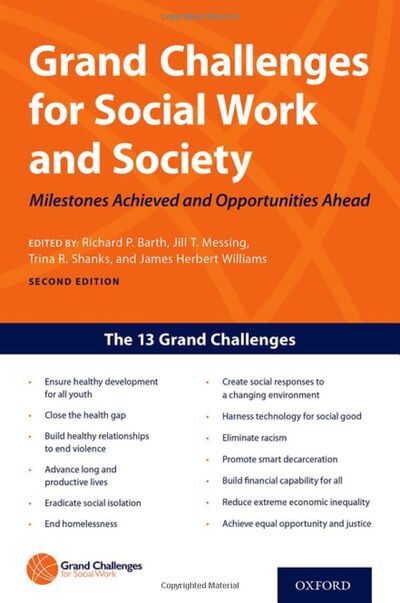
Grand Challenges for Social Work and Society Second Edition
The Grand Challenges for Social Work Initiative (GCSWI) represents a major endeavor for the entire field of social work. GCSWI calls for bold innovation and collective action powered by proven and evolving scientific interventions to address critical social issues facing society.
New to this edition:
- New chapter about the Grand Challenge of Eliminating Racism
- All chapters updated to address new challenges, research and observations since the first edition
- Proposes new and updated five-year goals for addressing the Grand Challenges for Social Work and Society

Neighborhoods, Communities and Child Maltreatment: A Global Perspective
This volume discusses neighborhoods and communities as critical contexts in child maltreatment. The authors explore a diverse body of research from around the globe on various community contexts of parenting and provide practitioners, policy makers and researchers a unique glance into innovative prevention strategies.
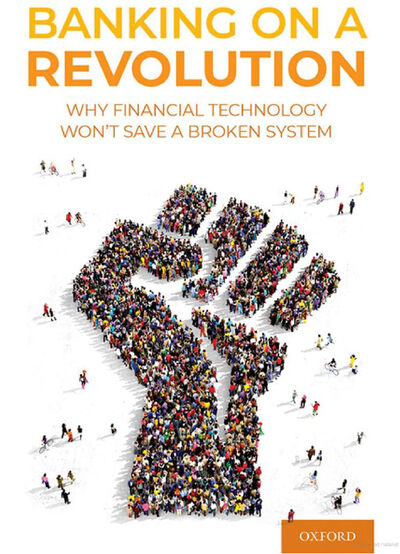
Banking on a Revolution: Why Financial Technology Won't Save a Broken System
Terri Friedline’s new book, “Banking on a Revolution,” takes a critical look at advancements in financial technology (“fintech”) in the banking and financial industries, and makes the case for a more inclusive financial system. Deeply rooted in theory and research, the book makes the case for the type of changes that will revolutionize the financial system.
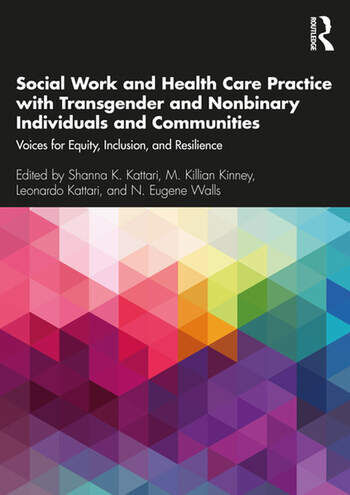
Social Work and Health Care Practice with Transgender and Nonbinary Individuals and Communities: Voices for Equity, Inclusion, and Resilience
This book examines issues across the lifespan of transgender and nonbinary individuals and synthesizes conceptual work, empirical evidence, pedagogical content, educational experiences, and the voices of transgender and nonbinary individuals. The authors highlight the resilience and resistance of transgender and nonbinary individuals and communities to challenge narratives relying on one-dimensional perspectives of risk and tragic lives.
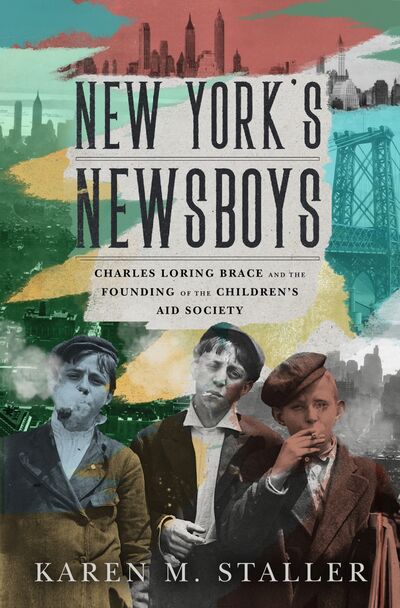
New York's Newsboys Charles Loring Brace and the Founding of the Children's Aid Society
Karen Staller’s new book is a lively historical account of Charles Loring Brace's founding and development of the Children's Aid Society to combat a newly emerging social problem, youth homelessness, during the nineteenth century.
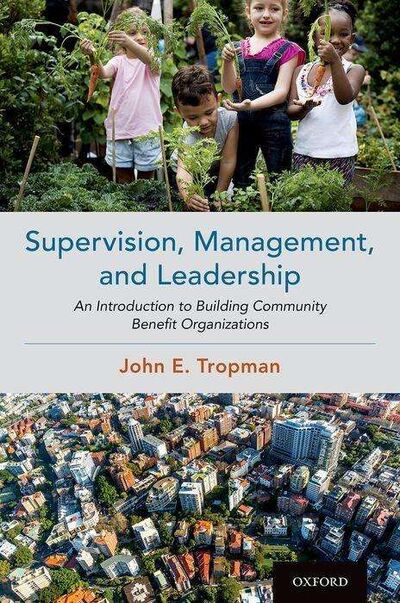
Supervision, Management, and Leadership: An Introduction to Building Community Benefit Organizations
John Tropman’s new book serves as a guide for managers and leaders in the human services field.

Ending the Physical Punishment of Children: A Guide for Clinicians and Practitioners
Research shows that corporal punishment harms children and is ineffective at changing their behavior. This volume presents effective interventions designed to prevent parents from physically punishing their children. All of the strategies will help parents change their behavior in ways that promote their children’s healthy development. Therapists, social workers, policy makers and other community health and safety professionals will appreciate the various strategies presented in this book.
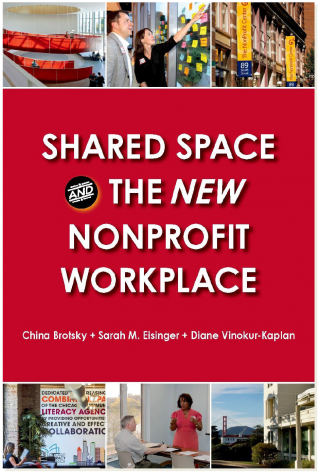
Shared Space and the New Nonprofit Workplace
Diane Kaplan Vinokur is a coauthor of a new book presenting a comprehensive overview of shared space as an innovative model and effective long-term solution for nonprofit organizations' need for stable and affordable office and program space. In particular, it focuses on co-locating multiple nonprofits in shared spaces. The book won the 2019 Terry McAdam Book Award from The Alliance for Nonprofit Management.
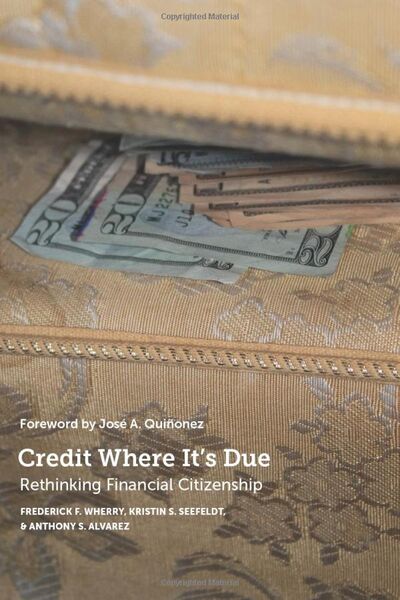
Credit Where It's Due: Rethinking Financial Citizenship
An estimated 45 million adults in the U.S. lack a credit score at a time when credit invisibility can reduce one's ability to rent a home, find employment, or secure a mortgage or loan. As a result, individuals without credit--who are disproportionately African American and Latino--often lead separate and unequal financial lives. These authors argue that many people who are not recognized within the financial system engage in behaviors that indicate their credit worthiness. How might institutions acknowledge these practices and help these people emerge from the financial shadows? In Credit Where It's Due, the authors evaluate an innovative model of credit-building and advocate for a new understanding of financial citizenship, or participation in a financial system that fosters social belonging, dignity, and respect.
